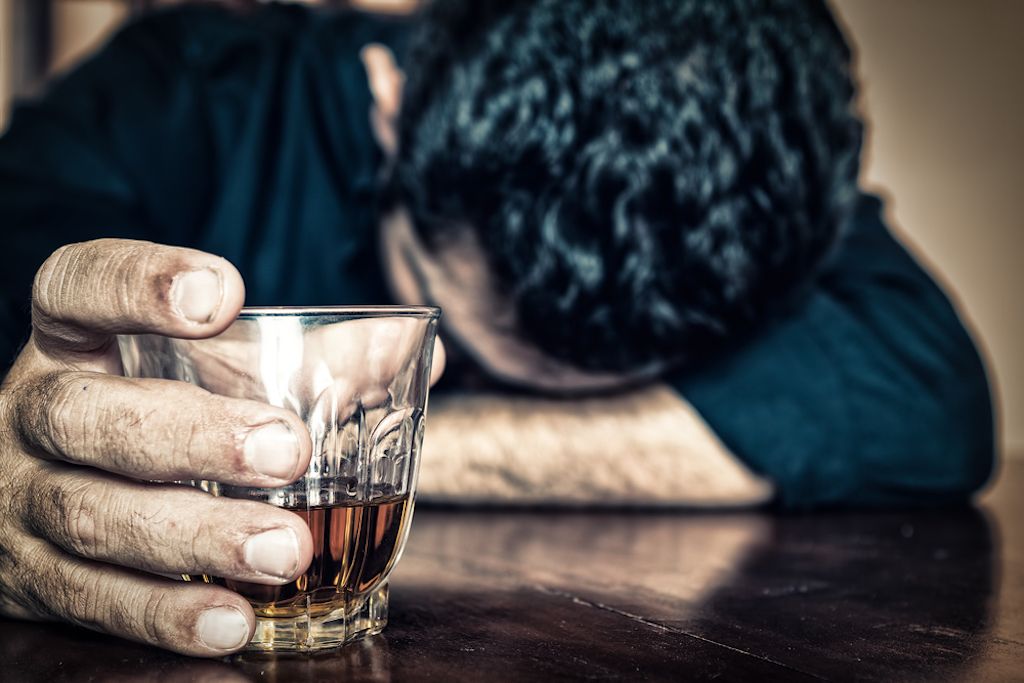A new study published in the Journal of Studies on Alcohol and Drugs found that your phone, which calculates your steps through built-in health apps, can also detect when the way you walk changes due to intoxication. This could help people drink responsibly and lower the drunk-driving accidents that take more than 10,000 American lives every year. “We have powerful sensors we carry around with us wherever we go,” said Brian Suffoletto, MD, the lead researcher. “We need to learn how to use them to best serve public health.” After losing a friend to a drinking and driving crash in college and witnessing related injuries as an emergency physician, Suffoletto has dedicated the last decade of his career to finding digital solutions to prevent more harm from excessive alcohol consumption. Suffoletto and a team of researchers from the University of Pittsburgh School of Medicine conducted an experiment where 22 subjects, ages 21 to 43, were given a vodka cocktail to drink for an hour until they reached a breath alcohol concentration of 0.2 percent (much higher than the 0.08 percent legal limit to drive under the influence in the U.S.). The scientists then analyzed the volunteers’ breath alcohol concentration for seven hours as they took walking tests with a smartphone strapped to their lower backs. Participants were told to walk 10 steps forward in a straight line, turn around, and walk back 10 steps. During each task, the phone measured acceleration and movements. The result? About 90 percent of the time, the changes in gait were able to determine when a person’s breath alcohol concentration had exceeded 0.08 percent. RELATED: For more up-to-date information, sign up for our daily newsletter. ae0fcc31ae342fd3a1346ebb1f342fcb “This controlled lab study shows that our phones can be useful to identify ‘signatures’ of functional impairments related to alcohol,” Suffoletto said. He did note, however, that most people don’t carry their phones on their lower back, so additional research will be conducted in which subjects hold phones in their hands and pockets. “In five years, I would like to imagine a world in which if people go out with friends and drink at risky levels, they get an alert at the first sign of impairment and are sent strategies to help them stop drinking and protect them from high-risk events like driving, interpersonal violence, and unprotected sexual encounters,” Suffoletto said. And for more ways alcohol can affect you, check out Drinking Even This Much Every Day Can Harm Your Health, Study Says.
